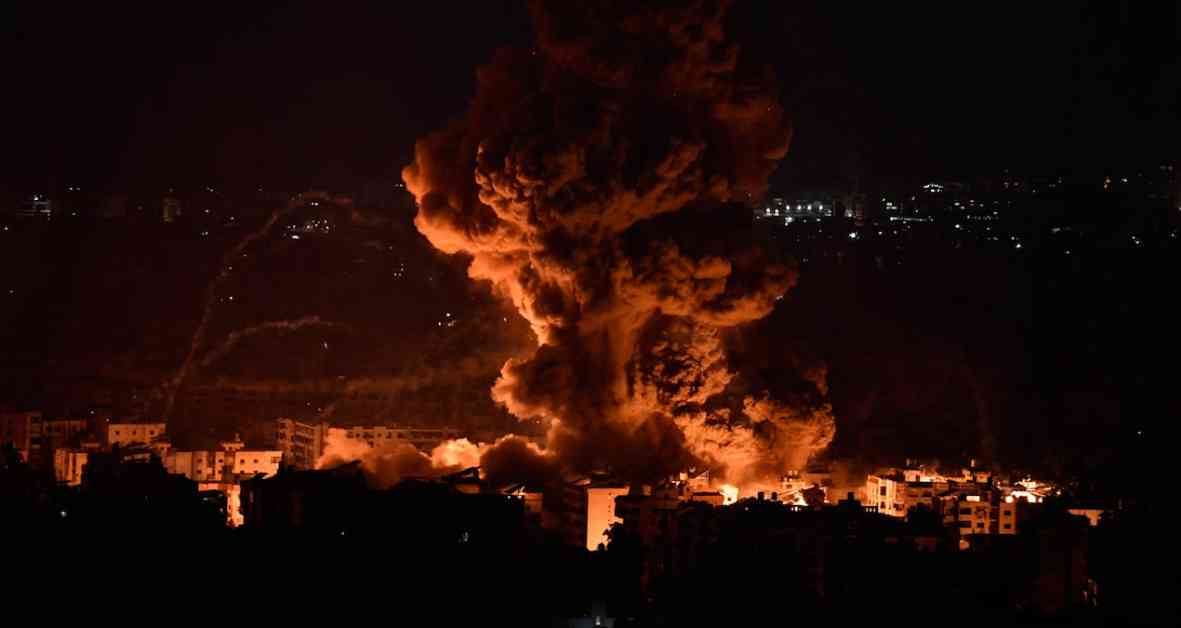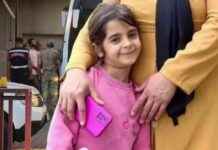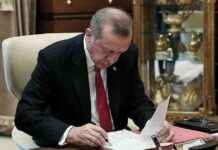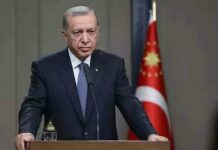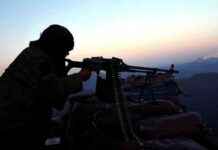Explosion Rocks Beirut, Lebanon – Tensions Rise Between Israel and Hezbollah
A deadly explosion rocked the capital of Lebanon, Beirut, following threats of attack by an Israeli army spokesperson claiming that certain areas in the south of the city belonged to Hezbollah. This incident comes amidst ongoing controlled conflicts between the Israeli army and Hezbollah since October 8, 2023. The Israeli army reportedly detonated communication devices and radios used by Hezbollah on September 17-18, and conducted hundreds of air strikes in the southern cities of Lebanon, as well as the Bekaa and Baalbek regions on September 23. According to Lebanese authorities, over 1400 people have lost their lives in Israeli attacks since the detonation of Hezbollah’s communication devices on September 17.
Israeli Strikes Devastate Lebanon – Thousands Displaced
The leader of Hezbollah, Hasan Nasrallah, was reportedly killed in Israeli air strikes on Beirut on September 27. The Israeli bombardment has led to the displacement of hundreds of thousands of people within the country. As a result, a wave of migration from the southern regions of Lebanon to the capital Beirut and northwards continues, with tens of thousands fleeing to Syria as well. In response to the Israeli attacks, Hezbollah has retaliated with rockets and missiles, mainly targeting military bases. Despite these attacks, no significant damage has been reported on the Israeli side. The escalating violence has raised concerns about the stability of the region and the safety of civilians caught in the crossfire.
International Response and Humanitarian Crisis
The international community has expressed deep concern over the deteriorating situation in Lebanon and has called for an immediate ceasefire to prevent further loss of life. The United Nations has urged all parties involved to prioritize the safety and well-being of civilians and to seek a peaceful resolution to the conflict. Humanitarian organizations are working tirelessly to provide aid and support to those affected by the violence, including food, shelter, and medical assistance. The influx of displaced persons has strained resources and infrastructure in both Lebanon and neighboring countries, highlighting the urgent need for international assistance and solidarity.
As the violence in Lebanon escalates, the toll on civilians continues to mount. The indiscriminate attacks on populated areas have resulted in a significant number of casualties, including women and children. The destruction of homes, schools, and hospitals has left many without access to basic necessities and essential services. The psychological impact of living in constant fear of bombings and violence has taken a heavy toll on the mental health of the population, particularly among children and vulnerable groups.
In light of the ongoing conflict, diplomatic efforts are underway to broker a ceasefire and facilitate negotiations between the warring parties. The United Nations, along with regional and international partners, are actively engaged in diplomatic initiatives to de-escalate tensions and bring an end to the violence. Dialogue and diplomacy are essential to finding a sustainable solution to the conflict and addressing the underlying causes of the crisis.
The situation in Lebanon remains precarious, with the risk of further escalation and humanitarian suffering looming large. The international community must act swiftly and decisively to prevent a full-blown humanitarian catastrophe and to protect the lives and rights of all those affected by the conflict. Only through a concerted and coordinated effort can peace and stability be restored in Lebanon and the region at large.

